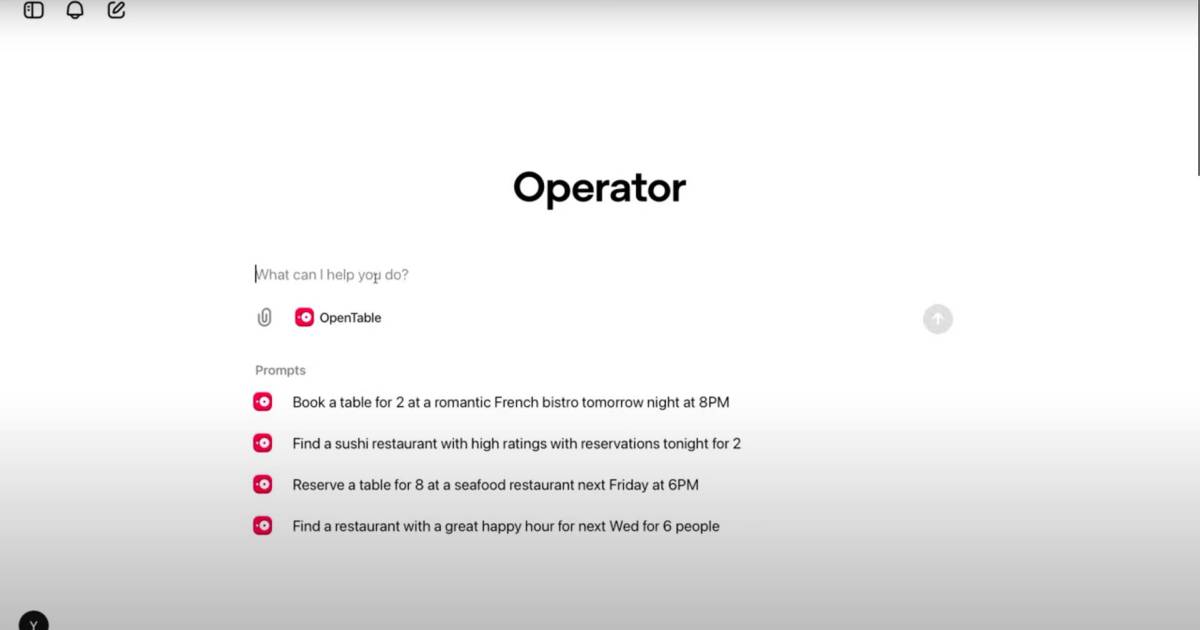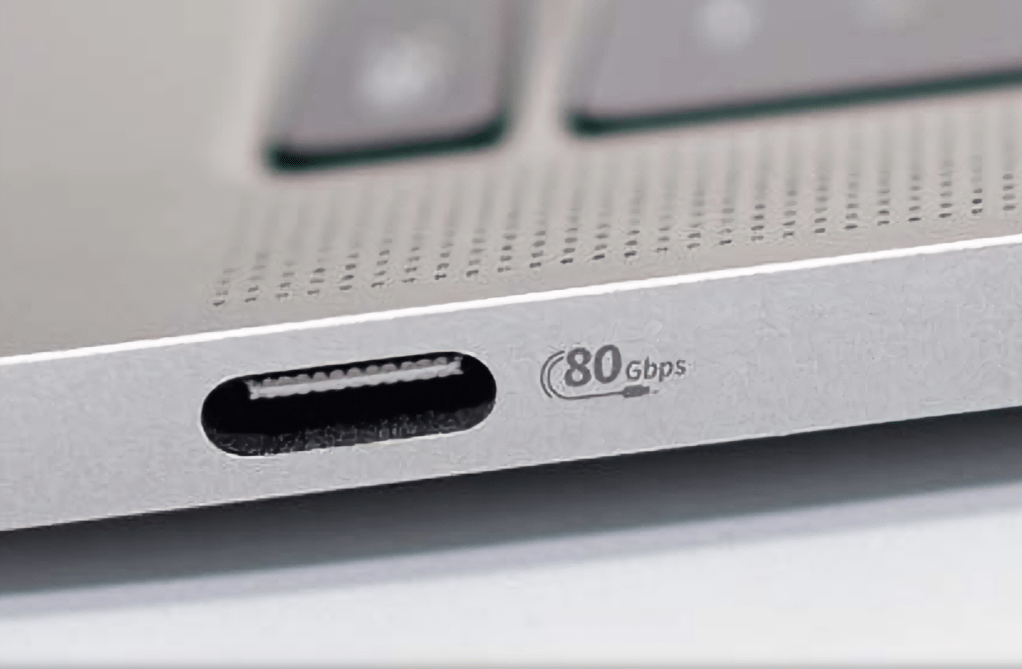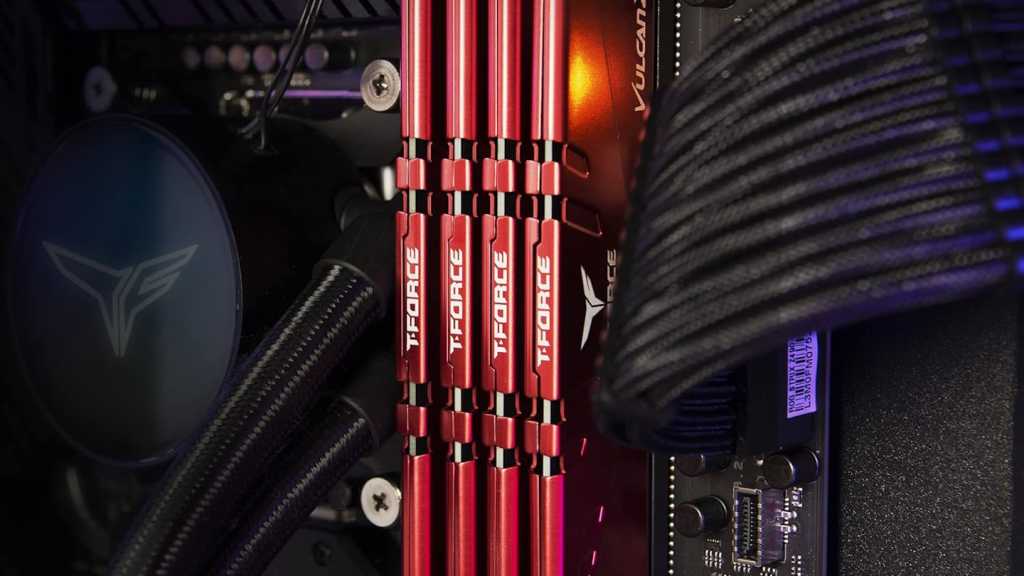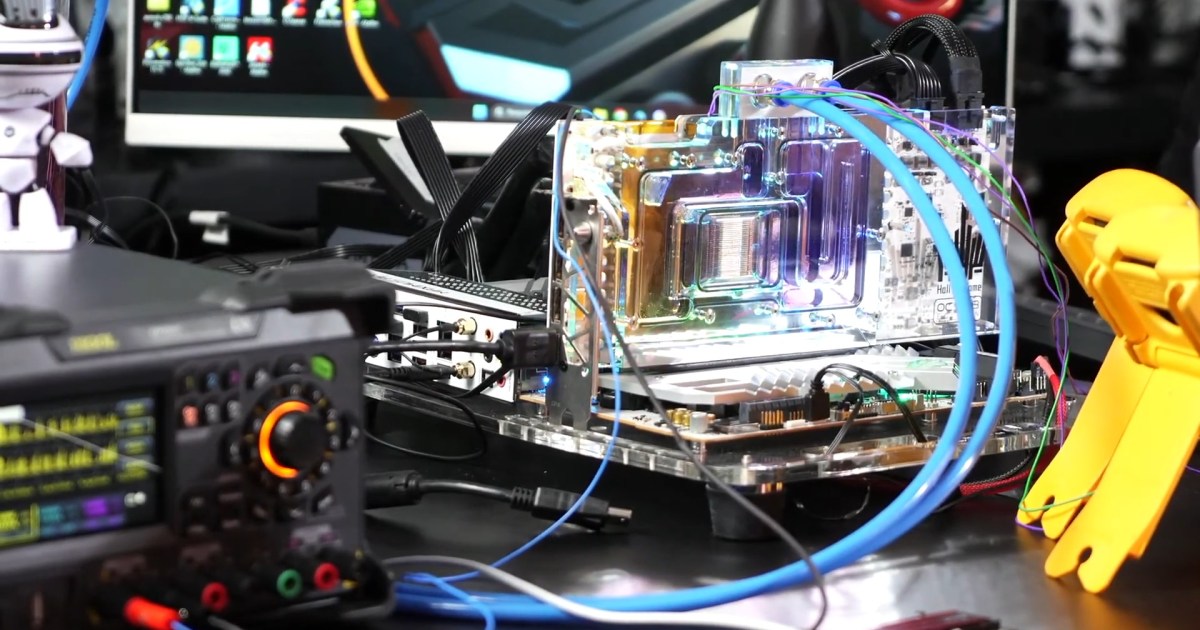OpenAI officially joined the race of agentic AI with the launch of Operator in January 2025. This autonomous system, designed to work independently on a user’s behalf, aims to rival established competitors like Claude’s Computer Use API and Microsoft’s Copilot agents, once it progresses beyond its “research preview” phase. This article explores everything you need to know about OpenAI’s Operator and its potential impact.
Understanding Operator and Agentic AI
Operator is an agentic AI, engineered for autonomous action based on available information. Unlike traditional programs, AI agents adapt to real-time changes, reacting dynamically instead of simply executing pre-set commands. This adaptability allows them to handle complex, multi-step tasks, from summarizing business meetings and generating action items to booking travel arrangements based on family schedules, and even conducting autonomous research and compiling comprehensive reports.
Operator’s functionality differs from other existing agents. While Claude’s Computer Use is API-based and Microsoft’s agents operate within the Copilot chat UI, Operator functions within a dedicated web browser window hosted on OpenAI’s servers, executing tasks remotely. This setup allows users to continue using their local browser normally while Operator runs in the background.
The Operator app leverages a new “Computer-Using Agent” (CUA) model, built upon GPT-4o, which provides its multimodal capabilities. OpenAI explains that the CUA model, trained similarly to its o1 and o3 reasoning models, strategically breaks down complex tasks into smaller, manageable sub-tasks, solving them sequentially and backtracking when encountering obstacles.
Operator’s Release and Availability
OpenAI launched Operator on January 23, 2025. Currently, access is exclusive to U.S.-based Pro users with a $200/month subscription, accessible through the operator.chatgpt.com website. OpenAI plans to expand availability to Plus, Team, and Enterprise users and integrate these capabilities into ChatGPT in the future.
How Operator Works
Users activate Operator from the ChatGPT home screen, which opens a dedicated web browser window for the agent. Operator provides a running commentary of its actions, and users can intervene at any point. The agent seeks user assistance for specific tasks like logging into secure websites and requests confirmation before executing critical actions. It interacts with websites visually (through screenshots) and tactically, simulating user keyboard and mouse actions.
Operator’s Capabilities and Performance
Currently, Operator’s browser-based limitations restrict it to simple internet tasks like reserving concert tickets, ordering food delivery, or completing online grocery orders. OpenAI suggests future capabilities will include booking travel arrangements, making restaurant reservations, and even handling online shopping.
OpenAI benchmarks Operator against Anthropic’s Computer Use and Google DeepMind’s Mariner agent, claiming superior performance across the board. On the OSWorld benchmark, which evaluates agent proficiency in tasks like merging PDFs, CUA achieved a 38.1% success rate compared to Computer Use’s 22.0% (human average is around 72%). On the WebVoyager benchmark, CUA outscored Mariner 87% to 83.5%, with Computer Use trailing at 56%.
Despite these claims, initial user feedback has been mixed. Some users find Operator’s process cumbersome and slower than manual execution, requiring frequent confirmations and reassurances.
Accessing Operator
To experience OpenAI’s Operator, users need an OpenAI Pro subscription ($200/month) and access it via the operator.chatgpt.com website. Availability is currently limited to U.S. users.











